Category Archives: Neural Networks
06 Aug Finding yourself in the Hippocampus
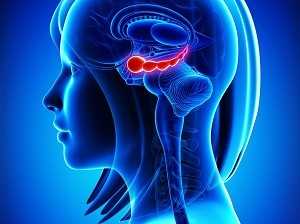
On October 6, 2014, the Nobel Assembly at Karolinska Institutet awarded The 2014 Nobel Prize in Physiology or medicine to John O´Keefe and to May‐Britt Moser and Edvard I. Moser for their discoveries of cells that constitute a positioning system in the brain. John O´Keefe is Director of the Sainsbury Wellcome Centre in Neural Circuits […]
05 Jul Motor Center Structure and Function
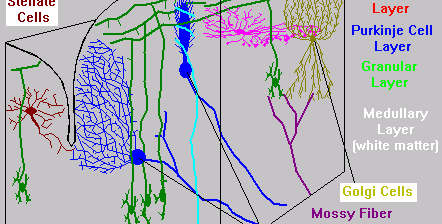
The past few posts in this section have focused on the Cerebrum where thought seems to be centered: we may compare this to a computer. The Cerebellum is where signals for the muscles’ motor control originate: we may compare this to a robot. My point in looking at this is to reinforce the heterogeneity perspective (i.e. […]
02 Jul Centers of Attention and Consciousness
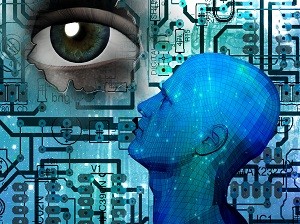
Can software be conscious? I remember when PC software began to appear that would keep listening after you closed the main program (TSR or Terminate but Stay Resident). Most of those functions migrated to Operating Systems. Operating Systems have grown to occupy a huge footprint on the computer and perform a vast array of functions. Might it be […]
25 Jun A World of Chaos

A World of Chaos We are inundated with information, with virtually no limit on our capacity to produce more. I brought this up in the beginning of the introduction. Since the invention of the printing press a few centuries ago (circa 1447), thinkers and postulators have been able to share information much more effectively (something […]
23 Jun Varieties of Nerve Cells

Did you know that not all brain cells are created equally? I think they are more different from one another than snowflakes and some of the differences are astounding. The heterogeneity of neurons indicates that modeling brain functions may require a heterogeneous approach (as opposed to many neural networks that are homogeneous). Besides the differences in branching patterns […]
21 Jun The Coming Revolution

Another Revolution in Computing – Knowledge Processing Where cognition and computation converge…the brink of the coming revolution? As James Bailey puts it, “The reason today’s electronic computers seem benign is that the true electronic revolution has not happened yet.” Bailey compares our current phase of computerization to the stage of history “when muscle tasks were […]
19 Jun Did You Change Your Mind?

Change is a Constant There is a beautiful song from the by the Rascals that asks: “In a world that’s constantly changing, how can I be sure?” When confronted with the dirty little uncertainties that swirl around everyday life and interpersonal relations, anyone’s mind may experience turmoil. How do we resolve it? What mental processes keep us from […]
15 Jun Natural Intelligence
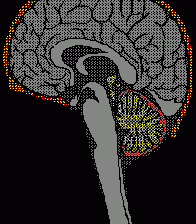
The Gross Anatomy of Smart The biology of understanding is not fully understood. But there are some things we can infer from what we know about how the brain works that may help us in modeling smarter systems. I love looking inside the brain for clues on what it does so I can help design […]
13 Jun The Mind and its Brain

Mind-Brain Dualism While brains can be weighed, minds are weightless. Despite some differences of opinion about what all to put on the scale, we can get usable numbers about brain weight and changes in brain weight due to certain phenomena such as changes in age. Of course, the mind and brain may be one and the same – there […]
11 Jun Dawn of The Age of Knowledge
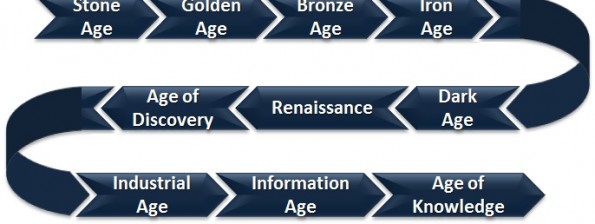
Sunset in The Information Age We stand in the waning days of the Information Age. Certainly the information already available to the searching mind through printed, recorded, and encoded electronic media spans the universe of fact and imagination. I have been told that we are now entering the Age of Context. This is exciting to […]




